The beauty of gross domestic product is its single figure. It squishes all of human activity into a couple of digits, like a frog jammed into a matchbox. As this image of an unfortunate amphibian suggests, this condensing is also GDP’s flaw. How can the sum total of everything we do as human beings be so compacted? How can our activity be conflated with something as complex, nuanced and contested as our wellbeing?
GDP’s inventor Simon Kuznets was adamant that his measure had nothing to do with wellbeing. But too often we confuse the two. For seven decades, gross domestic product has been the global elite’s go-to number. Fast growth, as measured by GDP, has been considered a mark of success in its own right, rather than as a means to an end, no matter how the fruits of that growth are invested or shared. If something has to be sacrificed to get GDP growth moving, whether it be clean air, public services, or equality of opportunity, then so be it.
GDP is how we rank countries and judge their performance. It is the denominator of choice. It determines how much a country can borrow and at what rate. But GDP is well past its sell-by date, as people are starting to realise. However brilliant the concept, a measure that was invented in the manufacturing age as a means of fighting the Depression is becoming less and less capable of imparting sensible signals about complex modern economies.
Pointing out the defects of GDP and even tentatively suggesting alternatives is no longer controversial. Former French President Nicolas Sarkozy commissioned a panel led by Joseph Stiglitz, a Nobel economist, to examine the issue. It was creating a dangerous “gulf of incomprehension”, Sarkozy said, between experts sure of their knowledge and citizens “whose experience of life is completely out of sync with the story told by the data”.
What is so gross about gross domestic product?
GDP is a gross number. It is the sum total of everything we produce over a given period. It includes cars built, Beethoven symphonies played and broadband connections made. But it also counts plastic waste bobbing in the ocean, burglar alarms and petrol consumed while stuck in traffic.
Kuznets was uneasy about a measure that treated all production equally. He wanted to subtract, rather than add, things he considered detrimental to human wellbeing, such as arms, financial speculation and advertising. You may disagree with his priorities. The point is that GDP makes no distinction. From the perspective of global GDP, Kim Jong-un’s nuclear warheads do just as well as hospital beds or apple pie.

Is that all that’s wrong with GDP, then?
No. Don’t get me started. In a short article like this, there’s not enough time to go into everything. But here are a few points, all of which are covered in much greater detail in my book, The Growth Delusion: Wealth, Poverty and the Well-Being of Nations.
GDP is born of the manufacturing age. It measures “things you can drop on your foot”. Yet in advanced economies such as the US, up to 80% of production is in the service industry. GDP doesn’t do services – at least not very well. It is good at quantity, but lousy at quality. If the food or service improves in your local restaurant, GDP will not notice. Ditto, if an airline’s safety record improves. In fact, GDP might prefer a plane crash – so that it can build a new plane.
GDP is flummoxed by the Internet. If I buy my own cheap airline ticket, check myself in online and pick my own aisle seat, my convenience has gone up. But GDP has gone down. I am my own travel agent, a job that would once have been performed by a fully paid-up GDP-producing employee. Wikipedia provides all human knowledge free of charge. In GDP terms, it is worth zilch.
GDP deals in aggregates; GDP per capita in averages. In an age where a huge cause of social dislocation is inequality, GDP has nothing to say about distribution. Averages are misleading. Medians are better than means. A rise in average GDP could actually be retrograde, if it leaves 99% of people resentful at how the 1% is making good.
From GDP’s perspective, bigger is always better. In the real world, that is not always so. When the financial sector got bigger and bigger, it ended in financial crisis. When the US health service gets bigger and bigger, it means costs are out of control.
In general, GDP measures only cash transactions. In Europe that includes heroin and prostitution. However, volunteer work, housework or looking after an ageing relative count for nothing. GDP has skewed priorities.
In poor countries, the informal sector is practically invisible to GDP. Yet in much of the world, the informal economy counts for most. Monitoring economic activity from space, through satellite images of nightlights, might be more accurate than on-the-ground GDP, academic studies have found.

Is GDP really such a bad measure of wealth?
GDP is not a measure of “wealth” at all. It is a measure of income. It is a backward-looking “flow” measure that tells you the value of goods and services produced in a given period in the past. It tells you nothing about whether you can produce the same amount again next year. For that, you need a balance sheet – a measure of wealth. Companies have balance sheets as well as income statements. Nations don’t.
When Nigeria was busy selling high-priced oil to the world before the price crash, its GDP was soaring. But its wealth was falling. Oil deposits were used up, but cash was not reinvested in human, physical and technological capacities to ensure future income. Only wealth accounts could have drawn attention to that.
In January, the World Bank will release a groundbreaking study of comprehensive wealth for 141 countries between 1994 and 2014. It is well worth a read.
Should GDP be dethroned?
Yes. GDP is an ingenious measure. It tells us something. It should definitely not be scrapped – it is still far too valuable a policy tool for that. And GDP growth can provide the wherewithal for the other things we want in life: health, education, security, opportunity, goods.
But we need to pay more attention to other measures to complete the picture, some of which already exist and some of which we may have to invent. Measures of wealth, equality, leisure, wellbeing and net domestic product, adjusted for negatives like pollution, are places to start.
Everyone will have their favourite data point. One of mine is hours of sleep, which might be a proxy for work-life balance or stress. The number of hours of sleep in the US has been steadily declining from about eight hours in 1940 to 6.8 hours today. Now that’s a statistic I know how to act on.







 Since then, he has been busy receiving jubilant supporters from all walks of life.
Since then, he has been busy receiving jubilant supporters from all walks of life.



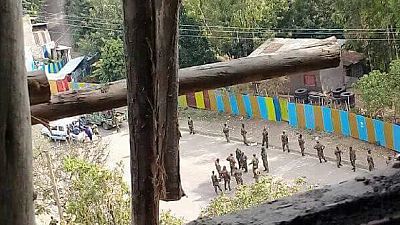
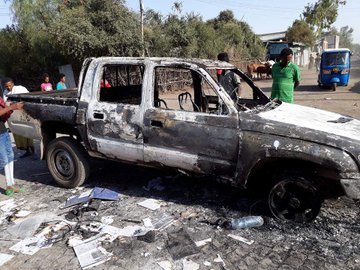
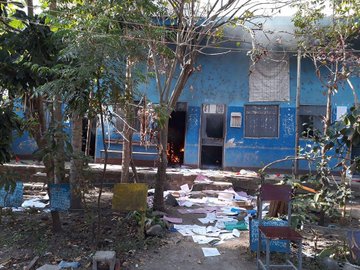
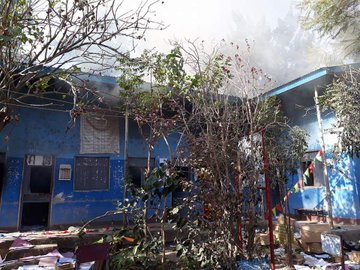



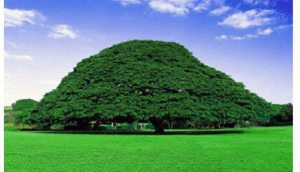

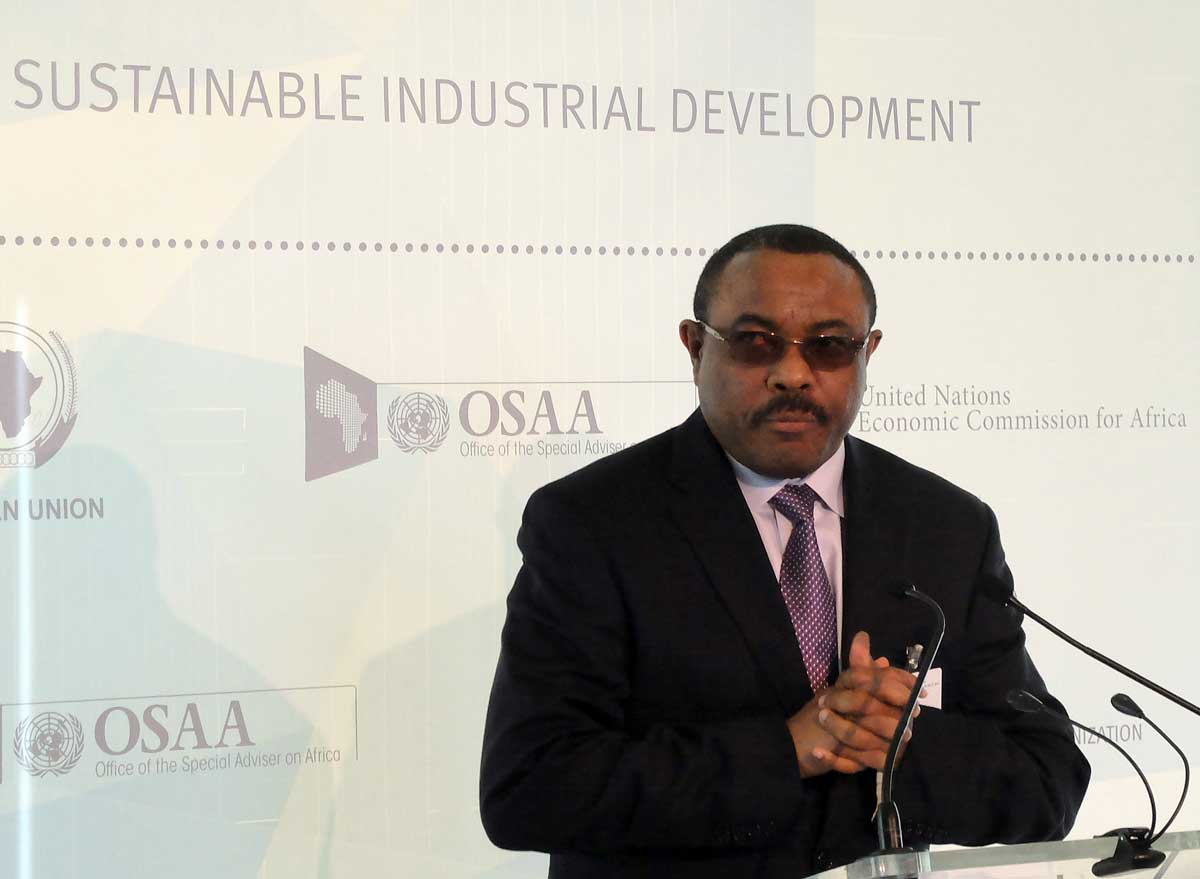

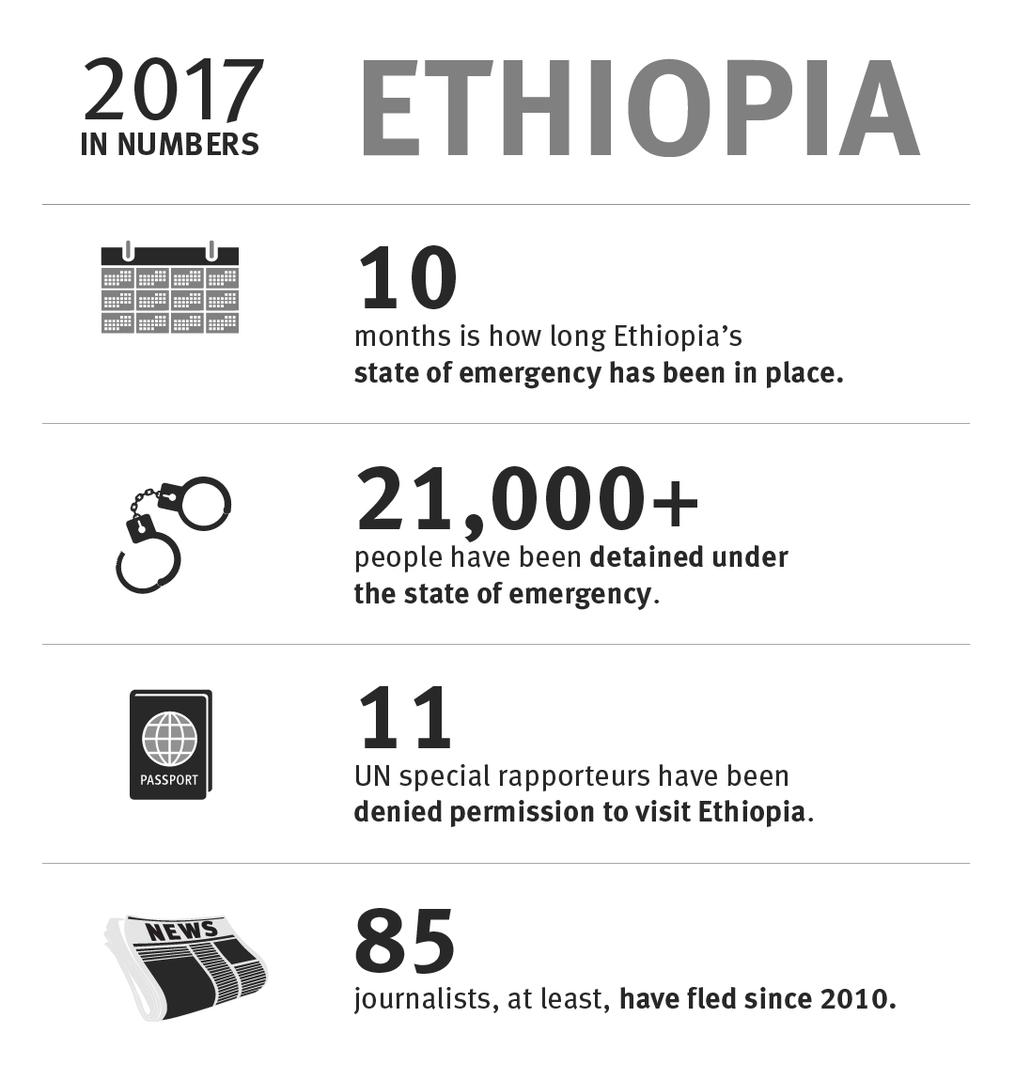
 Hirmaattota Ayyaana Irreechaa Onkoloolessa 1, 2017 Bishooftuu, Itoophiyaa. Ayyaanni Irreecha uummata Oromoo Itoophiyaatif ayyaana addaati. Ayyaana Irreecha waggaa tokko dura kabajame irraatti humnootni tikaa tuutaa uummata jeequurran kan ka’e namootni dhibbootan lakkayaman du’anii ture.
Hirmaattota Ayyaana Irreechaa Onkoloolessa 1, 2017 Bishooftuu, Itoophiyaa. Ayyaanni Irreecha uummata Oromoo Itoophiyaatif ayyaana addaati. Ayyaana Irreecha waggaa tokko dura kabajame irraatti humnootni tikaa tuutaa uummata jeequurran kan ka’e namootni dhibbootan lakkayaman du’anii ture.





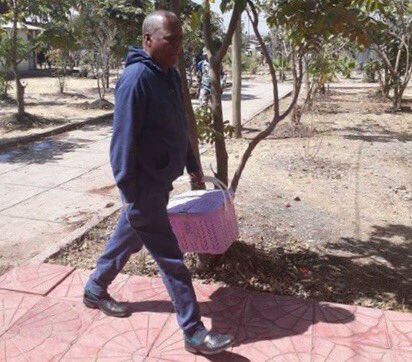
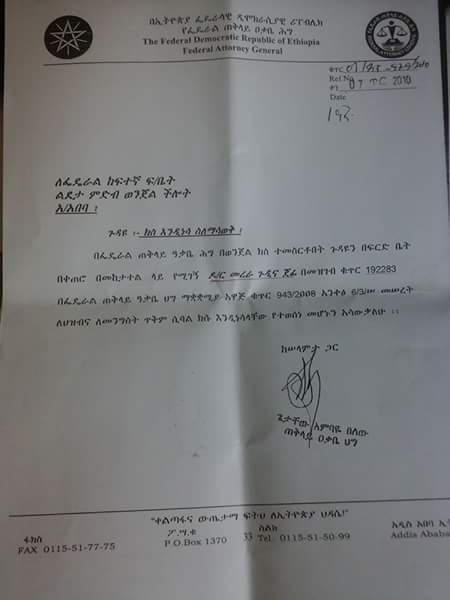
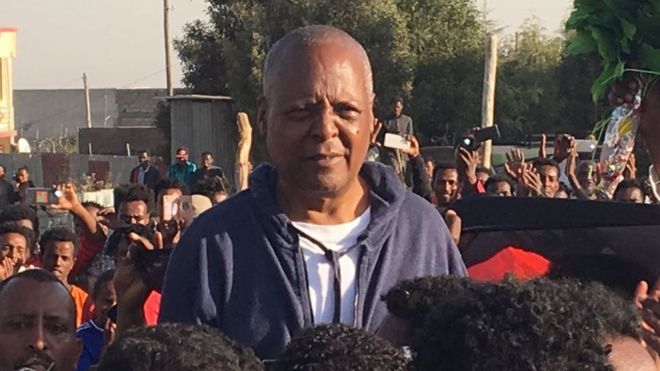
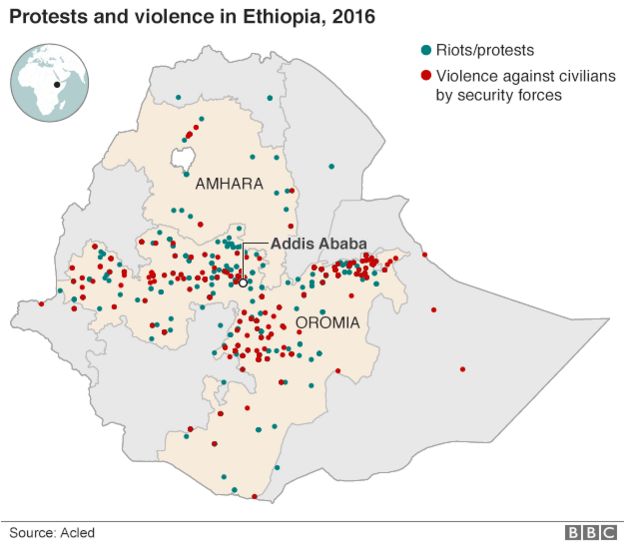

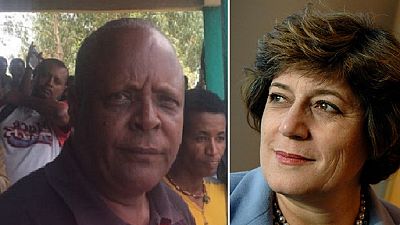

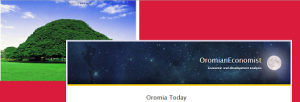






![Ethiopia's decision on 'political prisoners' in context Demonstrators chant slogans while flashing the Oromo protest gesture during Irreecha, the thanksgiving festival of the Oromo people, in Bishoftu town, Oromia region, Ethiopia [Tiksa Negeri/Reuters]](https://i0.wp.com/www.aljazeera.com/mritems/imagecache/mbdxxlarge/mritems/Images/2017/5/25/4712f0ab84fd472ba8f10f3c09ede279_18.jpg)



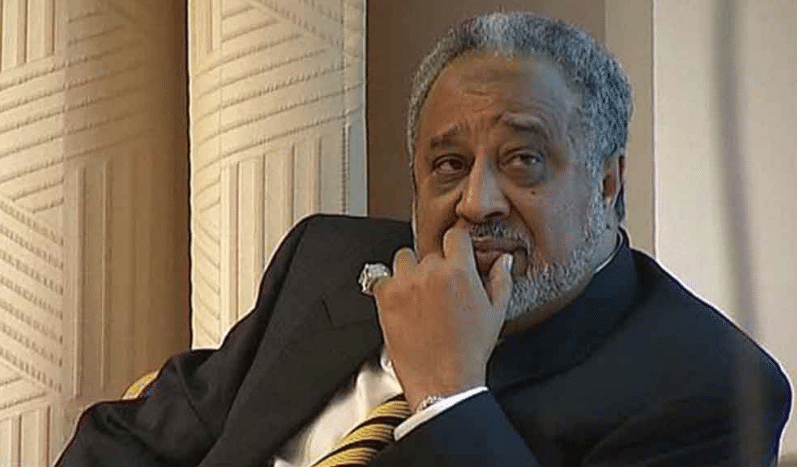


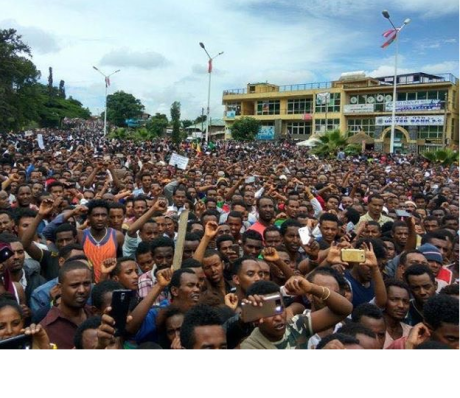




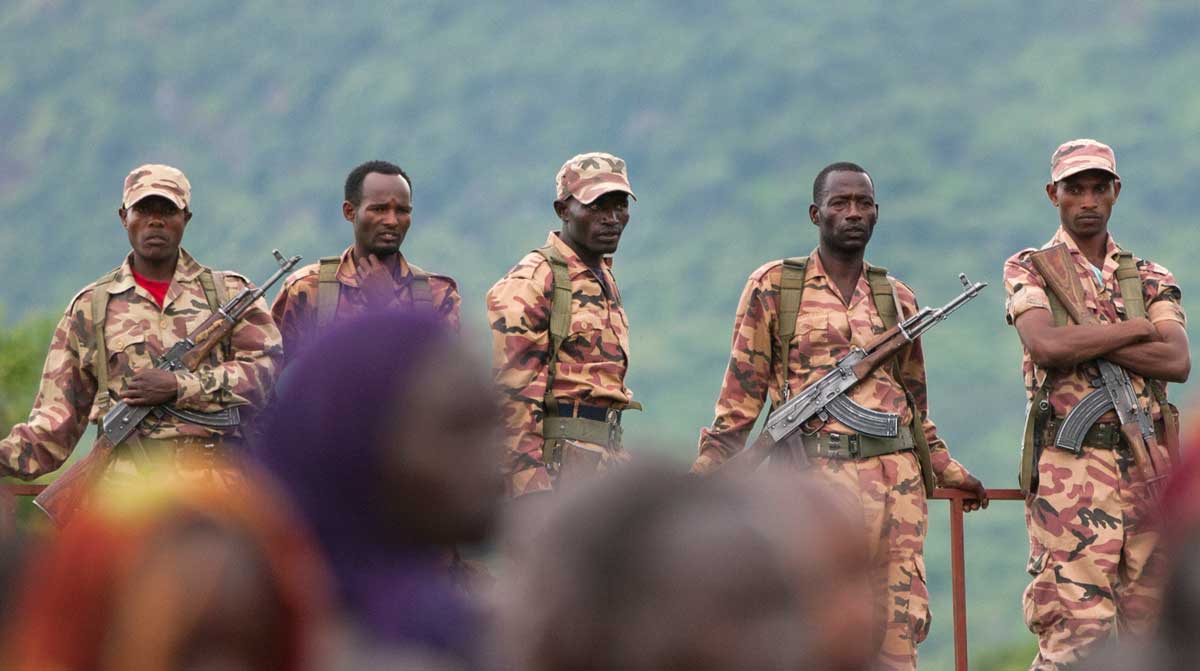




You must be logged in to post a comment.